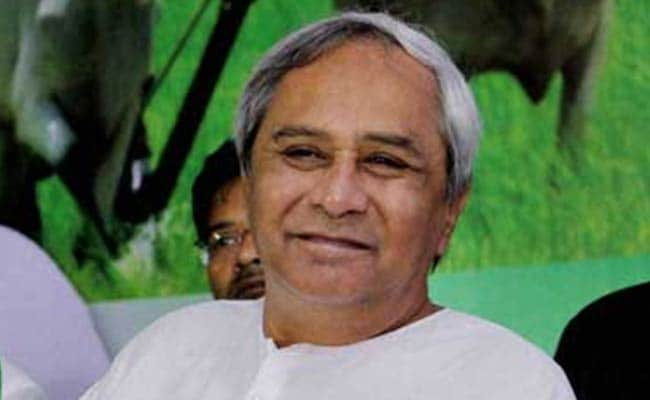The 2024 Assembly elections in Odisha marked a significant political shift, ending the long-standing reign of Naveen Patnaik, one of India’s most influential regional leaders. His party, the Biju Janata Dal (BJD), secured just around 50 seats, far short of the 74-seat majority in the 147-member Assembly.
For over 24 years, Patnaik, affectionately known as Naveen Babu, has been a central figure in Odisha’s political landscape. He made his unexpected entry into state politics in 1997 with the formation of the BJD, a party named after his father, former Chief Minister Biju Patnaik.
Naveen Patnaik’s tenure as Chief Minister, which lasted 24 years and 91 days, is the second-longest in India, following Pawan Chamling of Sikkim. Born on October 16, 1946, to Biju and Gyan Patnaik, Naveen’s early education took place at St Joseph’s Convent in Cuttack. He later attended Welham Boys’ School and The Doon School before earning a bachelor’s degree in arts from Delhi University.
Beyond his political career, Patnaik has a rich background in arts and culture, even dabbling in Hollywood with a role in the 1988 film “The Deceivers,” directed by Nicholas Meyer and starring Pierce Brosnan.
Despite his family’s political heritage, Patnaik initially avoided politics. However, after his father’s death in 1997, he changed course. In December of that year, followers of Biju Patnaik from the then-Janata Dal formed the Biju Janata Dal, with Naveen Patnaik emerging as the leader. His political career began with a victory in the 1998 Lok Sabha bypoll for his father’s Aska seat. By 2000, the BJD, allied with the BJP, won the Assembly elections, leading Patnaik to resign from the Union Cabinet to become Chief Minister.
Patnaik’s tenure saw the BJD consolidate its power, outshining the Congress party in Odisha. In the 2019 state elections, the BJD won 112 out of 146 seats, securing Patnaik an unprecedented fifth consecutive term.
Patnaik’s political journey is remarkable for its longevity and success, particularly given his lack of fluency in Odia, the local language, as he was raised and educated outside the state. Known for his soft-spoken demeanor, Patnaik governed Odisha with a firm hand, showing little tolerance for dissent and corruption. His administration was credited with significant improvements in infrastructure and the economy, although some critics labeled his governance style as undemocratic. His tenure was marked by numerous welfare schemes benefiting women, senior citizens, and youth, which bolstered the BJD’s electoral success.
With the BJP set to form the new government in Odisha after securing a clear majority, all eyes are now on Naveen Patnaik’s future plans. His next steps will be closely observed in the coming days as Odisha embarks on a new political chapter.
4o

